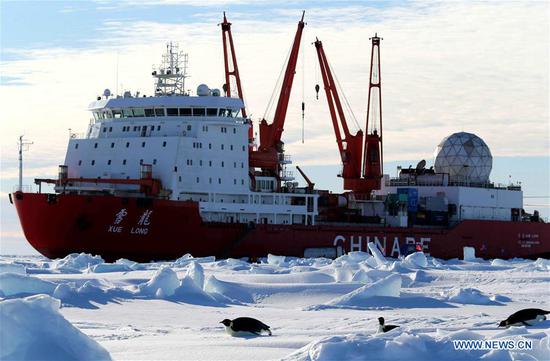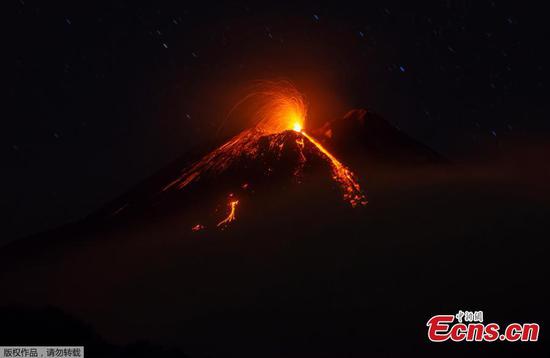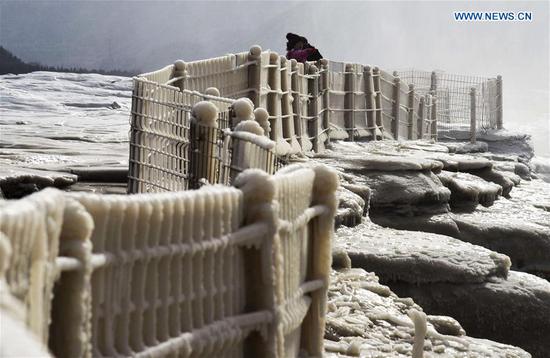A United Nations environment agency on Tuesday called for renewed action to tackle plastic pollution for mountains to mark the Dec. 11 International Mountains Day.
With public attention focusing largely on marine plastic litter, "a focus upstream on tackling the problem at source is required more than ever before", said Carlos Martin-Novella, deputy executive secretary of the Basel Convention, a treaty aimed at ensuring the prevention and minimization of the generation of hazardous wastes and other wastes.
At an event in Geneva, Martin-Novella called attention to "the fact that even high-altitude mountains like the Alps are significantly polluted by plastics shows that we really cannot wait."
According to him, another very important way to minimize waste, including plastics, is tackling waste generation at the household level.
Household waste, according to the agency, is a major challenge especially for developing countries, and it is particularly difficult since not only is the quantity of waste generated increasing rapidly, but the composition of that waste is changing rapidly as well.
Latest UN figures showed that almost one billion people live in mountain areas, and over half the human population depends on mountains for water, food and clean energy.
Mountains are also considered as early indicators of climate change and as global climate continues to warm, mountain people face even greater struggles to survive.
The theme for International Mountain Day 2018 is "Mountains Matter".
The UN General Assembly declared in 2002 the UN International Year of Mountains. On this occasion, the UN General Assembly then designated Dec. 11, from 2003 onwards, as "International Mountain Day".


















































